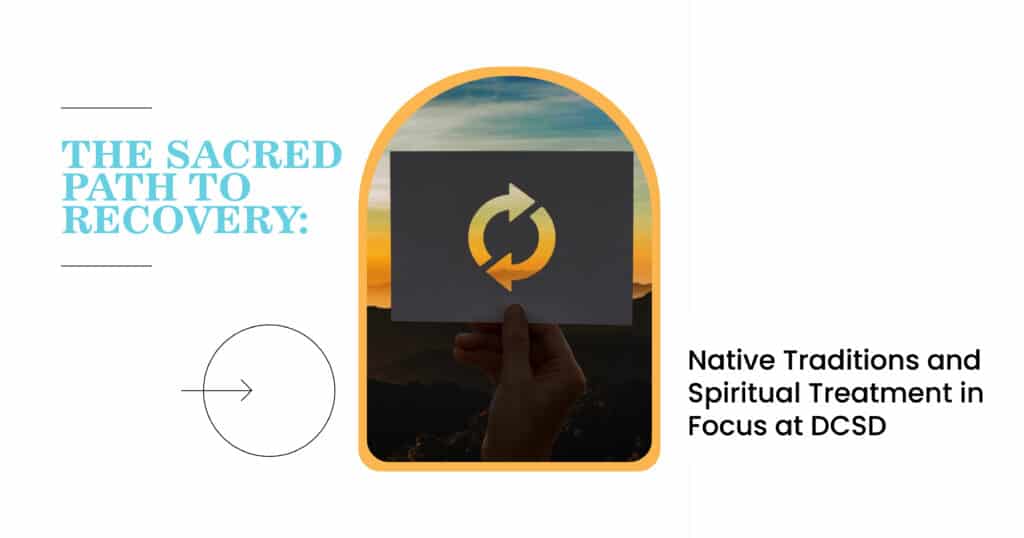
Native traditions and spiritual practices have long recognized mind, body, and spirit interconnectedness. For individuals seeking recovery from addiction, incorporating these traditions into their healing journey can provide a profound and holistic approach. Native traditions emphasize the importance of connection with oneself, the earth, and a higher power. In this comprehensive guide, we will explore the power of incorporating Native traditions and spiritual practices into addiction recovery, understanding their significance, and how they can support individuals on their path to lasting sobriety.
The Role of Spirituality in Recovery
Connecting with Higher Power
Spirituality plays a vital role in addiction recovery by helping individuals establish a connection with a higher power or a divine presence. This connection provides support, guidance, and strength throughout the recovery process.
Finding Inner Peace and Purpose
Spirituality helps individuals find inner peace, meaning, and purpose beyond substance use. It allows them to explore their identity, values, and aspirations, leading to a deeper understanding of themselves and their place in the world.
Cultivating Mindfulness and Self-Awareness
Spirituality encourages individuals to live in the present moment and cultivate mindfulness. By practicing mindfulness, individuals can develop awareness of their thoughts, feelings, and cravings without judgment. This awareness allows them to make conscious choices and respond positively to triggers or challenges that may arise during the recovery journey.
Seeking Support from a Community
Many native traditions emphasize the importance of community and connection. In recovery, spiritual practices provide an opportunity to connect with like-minded individuals who share similar values and beliefs. Spiritual communities can offer a sense of belonging, support, and encouragement, which can be instrumental in maintaining sobriety and fostering personal growth.
Healing Past Traumas
Native traditions often address the healing of past traumas, which may have contributed to addiction. Spirituality provides a framework for individuals to confront and heal these wounds by reconnecting with their cultural heritage, participating in healing ceremonies, or engaging in practices that promote emotional and spiritual healing.
Embracing Nature as a Source of Healing
Native traditions have a deep reverence for nature and recognize its healing power. Many spiritual practices involve spending time in nature, connecting with the elements, and acknowledging the interconnectedness of all living beings. Engaging with nature can bring a sense of peace, grounding, and renewal, supporting individuals in their recovery journey.
Incorporating Rituals and Ceremonies
Native traditions often incorporate rituals and ceremonies that mark significant moments of transition or healing. Spiritual practices such as smudging, drumming, vision quests, or sweat lodge ceremonies can provide individuals in recovery with a sense of purpose, renewal, and connection to something greater than themselves.
Fostering Forgiveness and Compassion
Spirituality encourages individuals to develop forgiveness and compassion for themselves and others. By cultivating these qualities, individuals in recovery can let go of guilt, shame, and resentment, freeing themselves from the emotional burdens that may have fueled their addiction. Forgiveness and compassion enable individuals to focus on personal growth, building healthier relationships, and creating a more fulfilling life.
It is important to note that incorporating Native traditions and spiritual practices into addiction recovery should be done respectfully and with guidance from cultural experts or elders within the community. A genuine understanding and appreciation of the traditions is essential to ensure their appropriate and meaningful integration into the recovery process.
In conclusion, embracing Native traditions and spiritual practices can provide a holistic approach to addiction recovery. By connecting with higher powers, finding inner peace and purpose, cultivating mindfulness and self-awareness, seeking support from a community, healing past traumas, and embracing nature, individuals can tap into a profound source of healing and support on their journey towards lasting sobriety.








